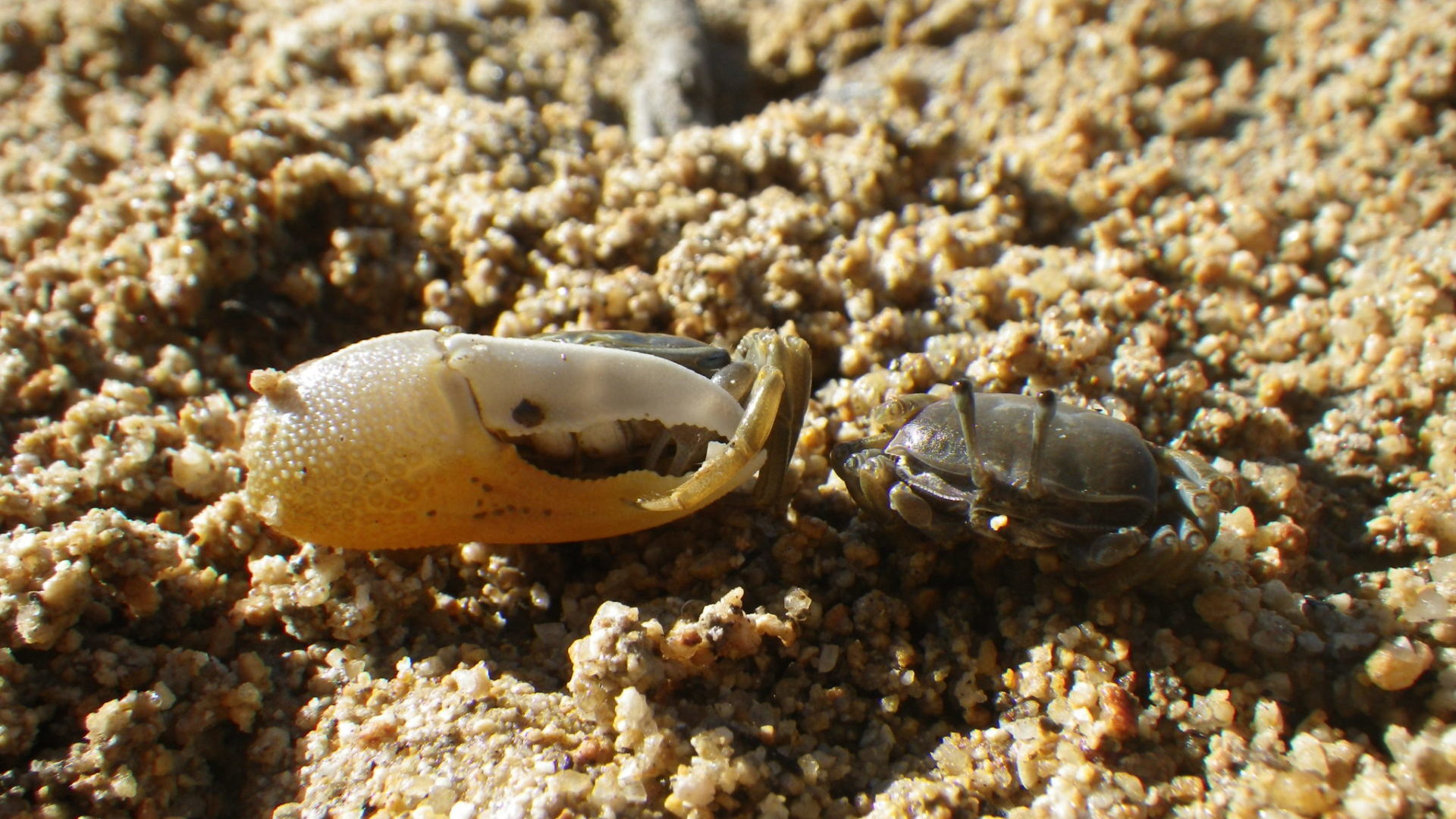
Healthy Wetland Nature
From the gigantic Iguazu waterfalls of South America to the vast Arctic tundra, from mountain streams with giant salamanders to peat swamps filled with dazzling dragonflies, from waterholes where lions ambush antelope to mangroves full of mudskippers, fiddler crabs and dolphins, wetlands provide some of the world’s greatest nature spectacles.
The world’s greatest spectacle under threat
Wetlands and the life they support are being damaged and lost faster than any other ecosystem, with global losses of over 64% since 1900. This loss is accelerating, with the greatest impacts in locations and regions where development pressures are most intense. Conversion of wetlands for other land uses, changes in flooding patterns and pollution are among the biggest causes of wetland loss and degradation.
Wetlands store and distribute water in the landscape. Hence they are often at the heart of conflicts over water, including between nations that share watersheds. Migratory waterbirds, freshwater fish, aquatic mammals and reptiles are particularly vulnerable to wetland changes as they depend on connected networks of wetland sites and river systems that cross borders and continents.
Yet these species – as well as the many wetland plants and small organisms that go unnoticed – are so essential for wetlands to be able to deliver their values and services to people.
Building wetland knowledge
In order to secure the future of wetlands and wetland species we develop and communicate knowledge on the status and trends of wetlands and the consequences of wetland degradation for society. We coordinate global waterbird monitoring initiatives, such as the International Waterbird Census (IWC), the largest and longest running citizen-led global monitoring initiative in the world. The data collected during the annual IWC count provides vital information for the conservation and management of waterbirds and wetlands.
We conserve and restore some of the world’s most iconic wetlands and wetland species. We also collaborate with companies to influence policies, investments and practices in order to enhance the status of wetland biodiversity and ecosystem services.
